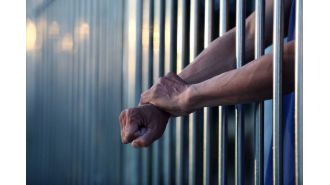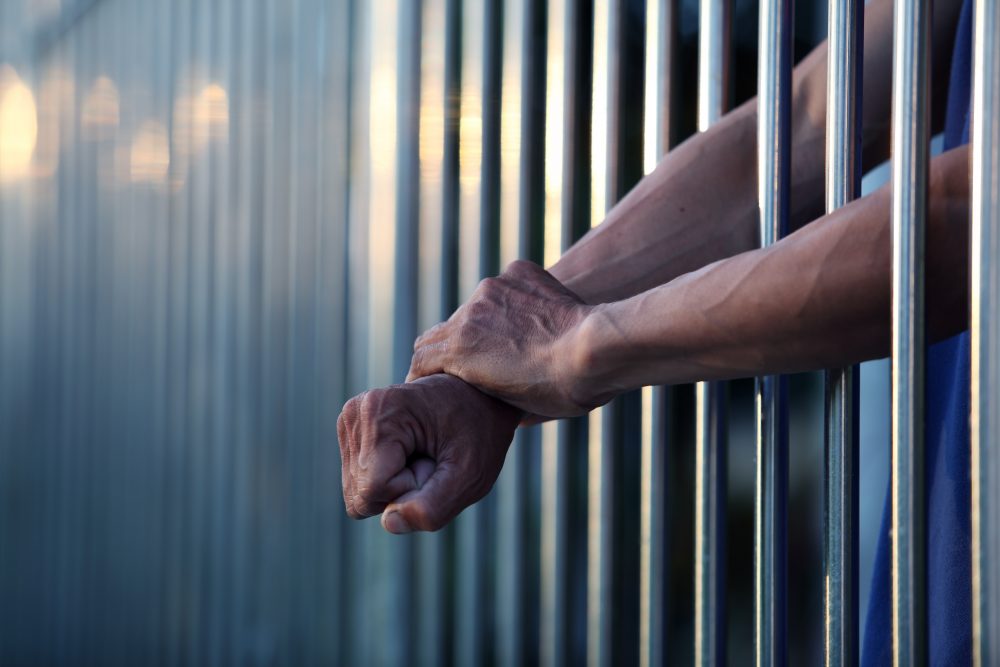Johnson will take legal action for Biden recording after Garland declined to prosecute, per Speaker
Mike Johnson plans to take legal action to obtain the audio of President Biden's interview with special counsel, as Attorney General Garland has not complied with the subpoena.

On Friday, Speaker Mike Johnson expressed his disappointment with the Justice Department's decision not to prosecute Attorney General Merrick Garland for defying a congressional subpoena. According to Johnson, this is a prime example of the "two-tiered system of justice" that the Biden Administration has implemented. He also pointed out the irony of the Justice Department aggressively prosecuting others, such as Steve Bannon and Peter Navarro, for the same offense.
In response to Johnson's statement, a Justice Department official sent a letter citing the agency's longstanding practice of not prosecuting officials who refuse to comply with subpoenas due to a president's claim of executive privilege. This privilege was invoked by President Biden last month when Republicans requested access to the audio recording of his special counsel interview. Republicans argued that the recording was crucial for political reasons, but the White House maintained that it should not be released.
Despite the Justice Department's explanation, Republicans proceeded with their contempt effort against Garland. However, Assistant Attorney General Carlos Felipe Uriarte stated that the department will not bring the citation before a grand jury or take any other action to prosecute the Attorney General. This decision was consistent with past cases where there has been a claim of executive privilege.
Republicans were outraged when special counsel Robert Hur declined to prosecute Biden for his handling of classified documents and even launched an investigation. Led by Reps. Jim Jordan and James Comer, they subpoenaed the audio recording of Hur's interviews with Biden. However, the Justice Department only provided some of the records and excluded the audio of the president's interview. Republicans accused the White House of suppressing the tape to avoid any potential negative impact on the upcoming election.
A spokesperson for Jordan criticized the Justice Department's decision, calling out the "rule of law for thee, but not for me" mentality. The transcript of Biden's interview with Hur showed that he had some difficulty recalling certain dates and details, which his longtime aides say is common for him. Still, the president's team is sensitive to questions about his age and is wary of anything that could potentially harm his image.
Garland has explained that the Justice Department has gone to great lengths to provide information to lawmakers about Hur's investigation. However, releasing the audio recording could jeopardize future sensitive investigations as witnesses may be less likely to cooperate if they know their statements may become public. This was the reason cited by the White House for asserting executive privilege in the first place.
The Justice Department also noted that it did not prosecute Attorney General Bill Barr when he was held in contempt in 2019 for refusing to turn over documents related to a special counsel investigation into former President Donald Trump. Similarly, former Trump White House chief of staff Mark Meadows was not prosecuted after being held in contempt of Congress for refusing to cooperate with the Jan. 6 Committee investigating the Capitol attack.
In contrast, two former Trump White House officials, Peter Navarro and Steve Bannon, were prosecuted for contempt of Congress after defying subpoenas from the Jan. 6 committee. They were both found guilty at trial and sentenced to four months in prison. Navarro has been in jail since March, and Bannon has been ordered to report to prison by July 1.
The special counsel in Biden's case, Hur, spent a year investigating the president's retention of classified documents from his time as a senator and vice president. After finding insufficient evidence to successfully prosecute the case, Hur cited the limitations with Biden's memory and his cooperation with investigators as potential factors that could sway jurors to believe that he made an innocent mistake. Hur's report also described Biden as someone who jurors would likely give the benefit of the doubt to.
25 Views










